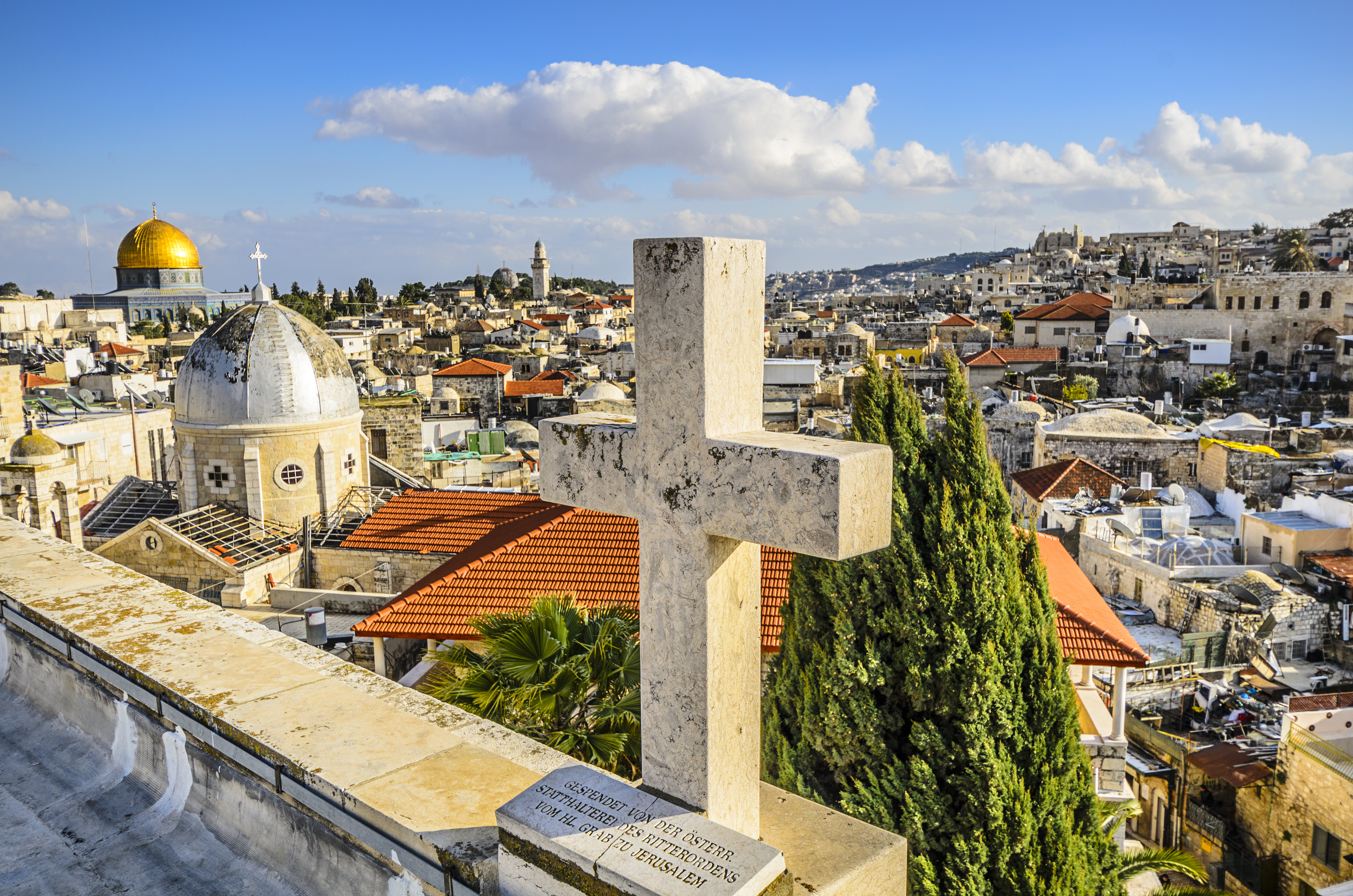
Calendars play a significant role in shaping cultural practices, religious observances, and societal rhythms. In Israel, a diverse nation with a rich tapestry of religious and cultural traditions, multiple calendars are in use, reflecting the country's multicultural identity and complex history. This article explores the various calendars observed in Israel, their significance, and how they intersect to create a unique temporal landscape.
The Hebrew Calendar: Central to Jewish religious and cultural life, the Hebrew calendar is a lunar-based calendar with origins dating back thousands of years. It consists of 12 or 13 lunar months, each beginning with the new moon. The Hebrew calendar is intertwined with Jewish religious observances, such as Shabbat (the Sabbath), Rosh Hashanah (the Jewish New Year), Yom Kippur (the Day of Atonement), and Passover (Pesach). These festivals and holy days are celebrated according to the Hebrew calendar's lunar cycle, imbuing them with spiritual and historical significance.
The Gregorian Calendar: Introduced during the British Mandate period in the early 20th century, the Gregorian calendar is the civil calendar used for secular and administrative purposes in Israel. It follows the standard solar-based system of 12 months, with each month approximately corresponding to the phases of the moon. The Gregorian calendar is widely used in Israel for official documentation, business transactions, and day-to-day scheduling, aligning the country with global norms and conventions.
The Islamic Calendar: With a significant Muslim population, Israel also recognizes the Islamic calendar, also known as the Hijri calendar. Based on lunar months, the Islamic calendar is used to determine the timing of Islamic religious observances, including Ramadan (the month of fasting), Eid al-Fitr (the festival of breaking the fast), and Eid al-Adha (the festival of sacrifice). While the Islamic calendar is primarily observed by Muslim communities, its influence is felt across Israeli society, particularly during Ramadan, a time of communal fasting and spiritual reflection.
The Samaritan Calendar: A small but distinct community in Israel, the Samaritans adhere to their own calendar, known as the Samaritan calendar. Similar to the Hebrew calendar, the Samaritan calendar is lunar-based and is used to determine religious festivals and rituals observed by the Samaritan community. Despite its relatively limited use, the Samaritan calendar reflects the cultural diversity present within Israeli society and underscores the coexistence of multiple traditions and calendars.
The calendars used in Israel represent a mosaic of religious, cultural, and historical influences, reflecting the country's vibrant diversity and complex identity. From the ancient traditions of the Hebrew calendar to the global standardization of the Gregorian calendar, as well as the observance of Islamic, and Samaritan calendars, Israel's temporal landscape is rich and multifaceted. By embracing and acknowledging these diverse calendars, Israelis honor their heritage, celebrate their religious and cultural identities, and contribute to the colorful tapestry of the nation's temporal traditions.
Explore tours by category



